The Economy After the Government Change
In a domestic and external context marked by uncertainties, the National Bank of Romania has made a number of monetary policy decisions.

România Internațional, 06.11.2015, 14:30
The Central Bank Governor says Romanias macroeconomic situation is stable, but the effects of the current political circumstances, after the Cabinet resigned, will depend on how quickly a new government is formed and on the measures it will take.
The Governor of the National Bank of Romania, Mugur Isarescu, believes that after the resignation of the Government, a new cabinet needs to be formed as soon as possible, in order not to pave the way for uncertainty at a time when the countrys economy was going well.
Mugur Isarescu: “The effects will depend on how soon a new government is formed and on the decisions that this new government will be taking. What I can tell you is that at present the economic situation that we are monitoring and for which we are responsible is stable, the countrys economic condition is generally a good one and that we have made sure that we are in a position to handle a situation which is, lets say, difficult.
On Thursday the National Bank decided to keep the key interest rate at the current 1.75% per year and minimum compulsory reserves for national and foreign liabilities at their current levels. Governor Isarescu explained that the decisions were prompted by current uncertainties, both in the country, including the absence of a budget law for next year, and internationally, including the developments in the main emerging economies and in China.
Mugur Isarescu: “Domestically, the nomination of a new government deepens the uncertainties related to the mix of macroeconomic policies, especially considering that the public budget is not yet configured. The international context, in turn, remains marked by uncertainties, fuelled particularly by the economic developments in China and other major emerging states, with an impact on the economic growth in the Eurozone and at a global level.
On the other hand, Isarescu said the annual inflation rate remained negative, and was even lower than expected, primarily as a result of a surprisingly notable drop in fuel prices. He added that inflation will remain below zero in the next three quarters as well, and then will resume an upward trend, but not exceeding 1.5%, until early 2017. Moreover, the governor added, loan contracting has strengthened particularly in the national currency segment.
For the first time in 8 years, loans in the Romanian currency have outpaced those in foreign currencies. The positive trends in the Romanian economy were confirmed by the autumn forecast of the European Commission. The EC improved its forecasts on Romanias economic growth to 3.5% for this year and 4.1% for 2016.
The European Bank for Reconstruction and Development also upgraded its economic growth forecasts for Romania, to 3.5% and 3.7% for this year and the next. In its latest report, released on Thursday, the EBRD says Romania will have the most substantial economic growth rate in southeast Europe this year.






























